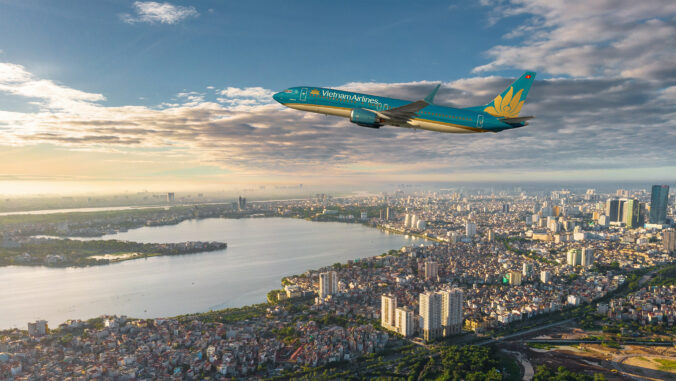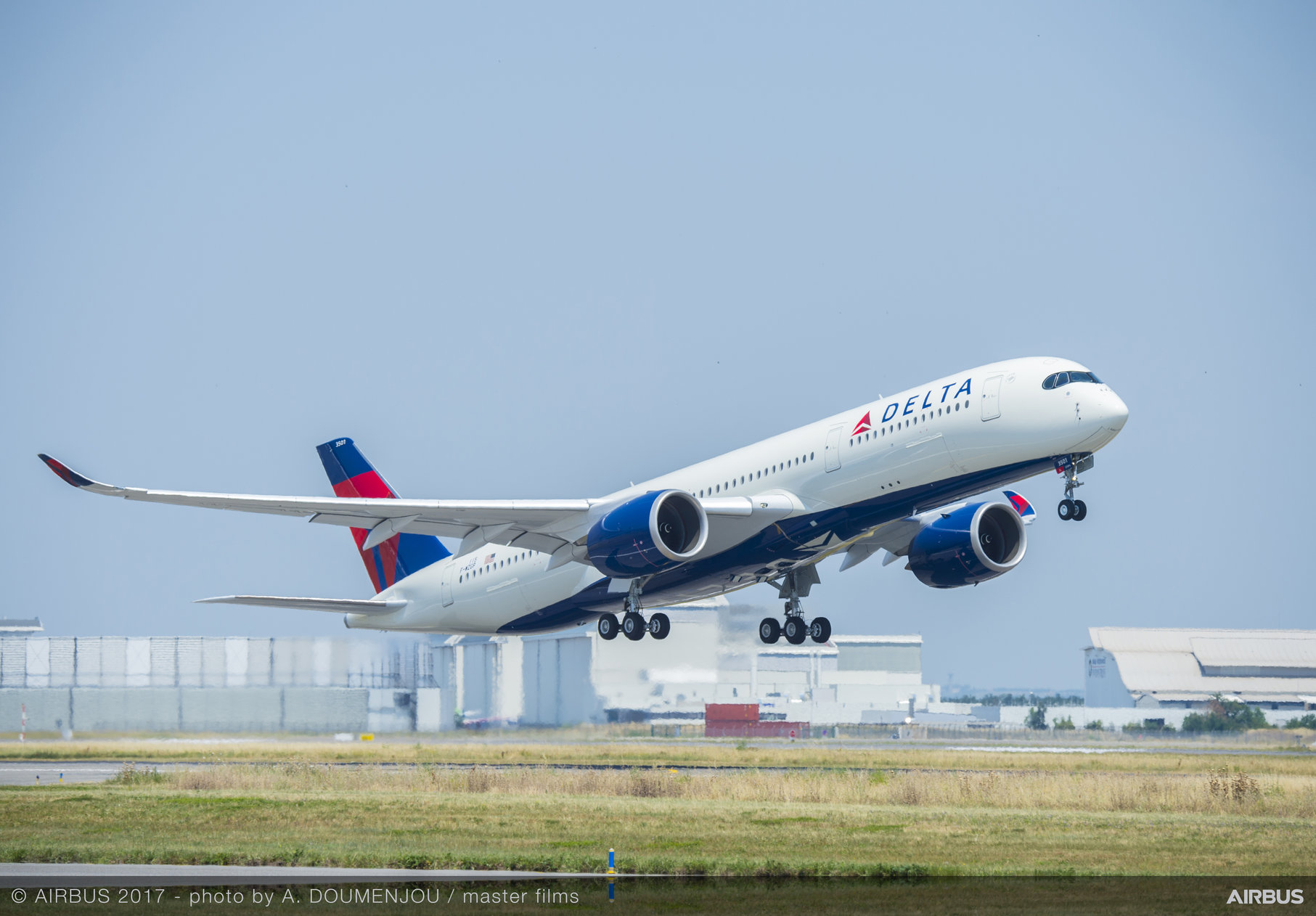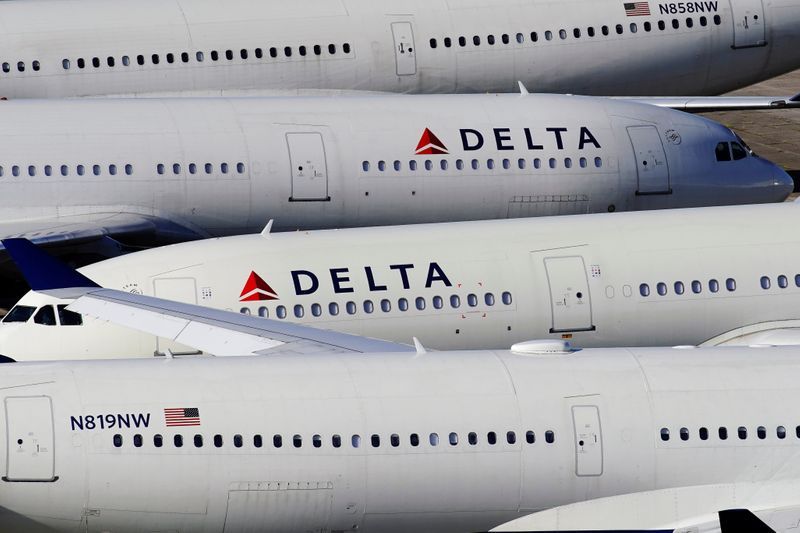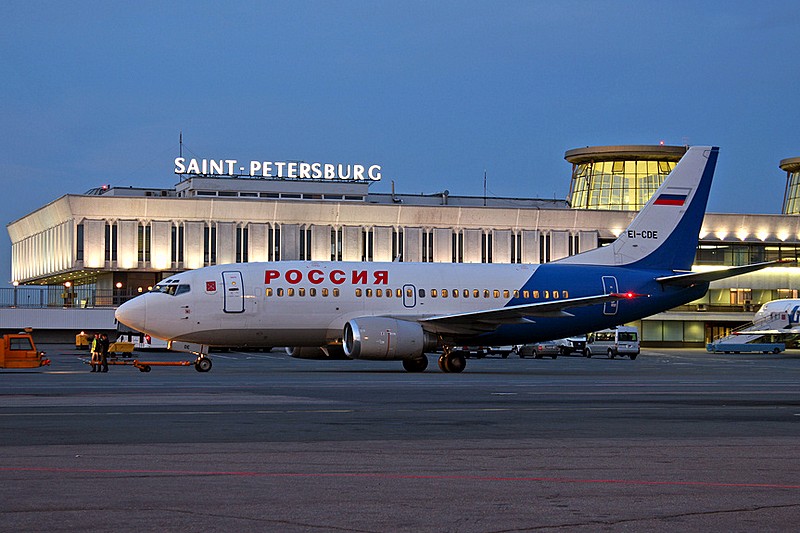Hanoi, Vietnam, September 11, 2023, PRNewswire – Boeing (NYSE: BA) and Vietnam Airlines JSC (HVN) announced today the carrier has selected the 737 MAX family to expand its single-aisle fleet, with a commitment to order 50 737-8 airplanes. With enhanced fuel efficiency and environmental performance, the 737 MAX will provide best-in-class flexibility for Vietnam’s growing aviation market. The commitment was announced during a signing ceremony with Vietnamese government leaders on Monday, September 11.
U.S. and Vietnam officials said the commitment will bolster jobs in both countries and strengthen the bilateral economic partnership. Building on Boeing’s long history of collaboration with Vietnam’s civil aviation industry, the carrier’s 737 MAX fleet will support the country’s goal of becoming a leading aviation hub.
Since the launch, more than 100 customers around the world have placed firm orders for more than 5,600 737 MAX airplanes. The 737 MAX reduces fuel use and carbon emissions by 20% and has a smaller noise footprint than airplanes it replaces. The jets offer increased comfort and relaxation for passengers, with modern sculpted sidewalls, LED lighting that enhances the sense of spaciousness and larger pivoting overhead storage bins.
The 737 MAX family will allow Vietnam Airlines to fly up to 3,500 nautical miles (6,480 km) to serve increasingly popular international and regional routes. The carrier currently operates a fleet of 15 787 Dreamliner jets and serves over 50 destinations in 17 countries. A member of the SkyTeam Alliance, passengers flying on Vietnam Airlines or any of its 18 partners can earn and redeem miles for travel to 1,000 destinations worldwide.
Boeing is committed to its strong relationships with Vietnamese suppliers and partnering to create a strong, efficient and resilient global supply chain to deliver the highest quality products and services for our customers. Today, Boeing has a corporate office in Hanoi and Field Service Offices in Hanoi and Ho Chi Minh City.
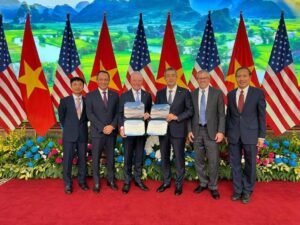
(From left to right) Mr. Nguyen Chien Thang, Technical Executive Vice President, Vietnam Airlines; Mr. Le Hong Ha, President and CEO, Vietnam Airlines; Dr. Brendan Nelson, President, Boeing Global; Mr. Dang Ngoc Hoa, Chairman, Vietnam Airlines; Mr. Brad McMullen, Senior Vice President Boeing Commercial Sales; and Marketing; Mr. Michael Nguyen, Managing Director, Boeing Vietnam gather on Sept. 11 in Hanoi to celebrate Vietnam Airlines’ commitment to 50 737-8 MAX airplanes.
